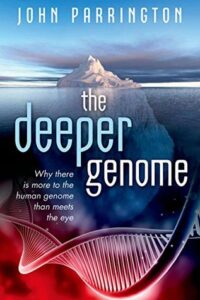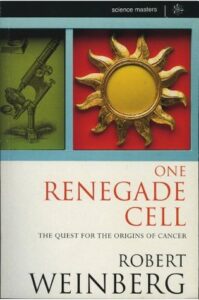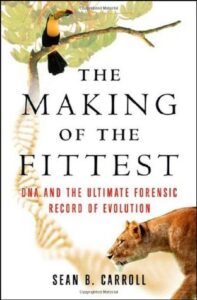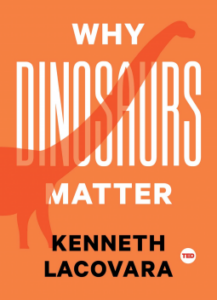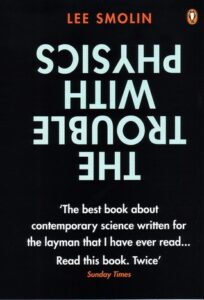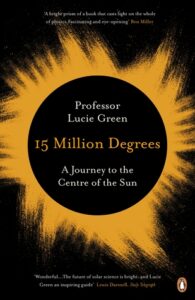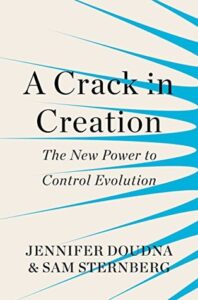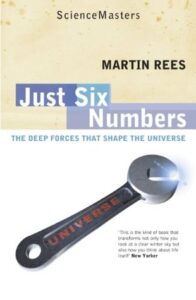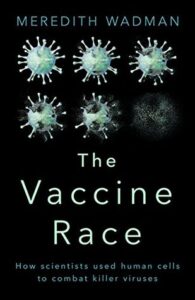 The Vaccine Race, Meredith Wadman
The Vaccine Race, Meredith Wadman
I really enjoyed this, and I read it at a very opportune moment — at exactly the same time as I had my lab skills residential school in Milton Keynes. The techniques described were mostly not the same, but there was some crossover, and it was great to think about how I might one day contribute to the same science, if I go that route. My only quibbles with this book were with the sometimes unfocused feel; there’s a lot of scientists which it tracks quite closely, and sometimes I wondered how relevant all of the details are.
It’s also got a bit of a divide between the WI-38 cells, which were used to make vaccines, and the vaccines themselves; there’s a lot of focus on the cell line, and sometimes that wasn’t directly relevant to the vaccines. It’s interesting stuff, particularly when it comes to the commercialisation of science, but it didn’t always feel like it fit with the story of the vaccine race. In that sense, it sometimes felt like two almost-separate books. It’s also odd because Wadman clearly champions Hayflick, the creator of the cell line, despite his rather indefensible actions — dismissing them as being due to ‘stubbornness’. Sorry, but if you have a legal contract and you’ve agreed to it, you can’t just forget about it. If you object to the way things are being sorted out, you don’t abscond with the cell line — you get a lawyer.
It doesn’t sound like Hayflick meant any harm, though I am conscious of Wadman’s bias there, and it’s probably true that he deserved better from the use of his cell line — but even so, he was not in the right.
Other than that, there are also some very worthwhile discussions of the ethics of vaccine production. They were often tested on vulnerable people who couldn’t consent, and the WI-38 cell line came originally from the lung cells of an aborted foetus. It’s worth remembering these facts, even with the undoubted good done by the availability of vaccines.
Definitely recommend this one.
Rating: 4/5
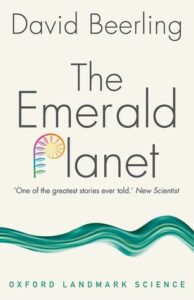 The Emerald Planet, David Beerling
The Emerald Planet, David Beerling
